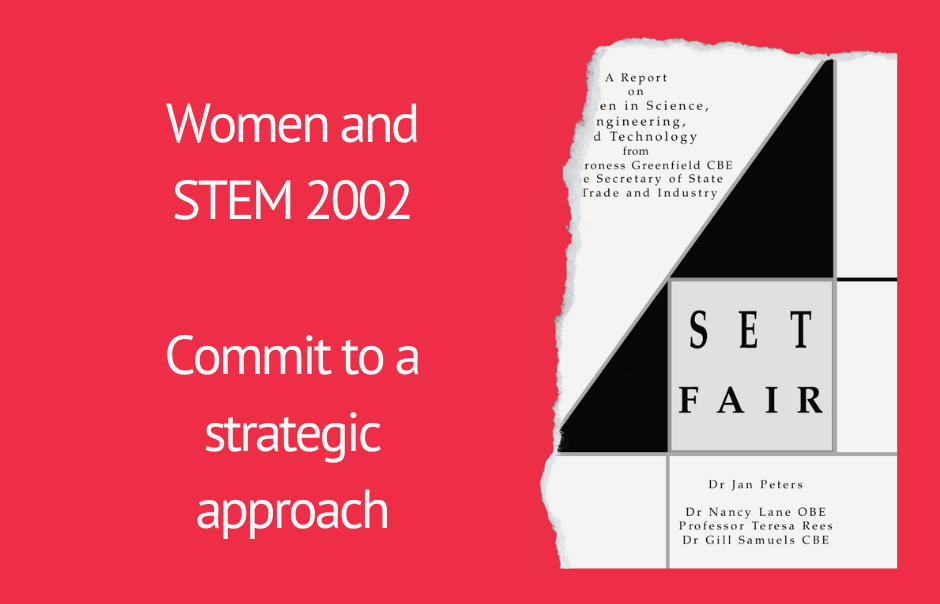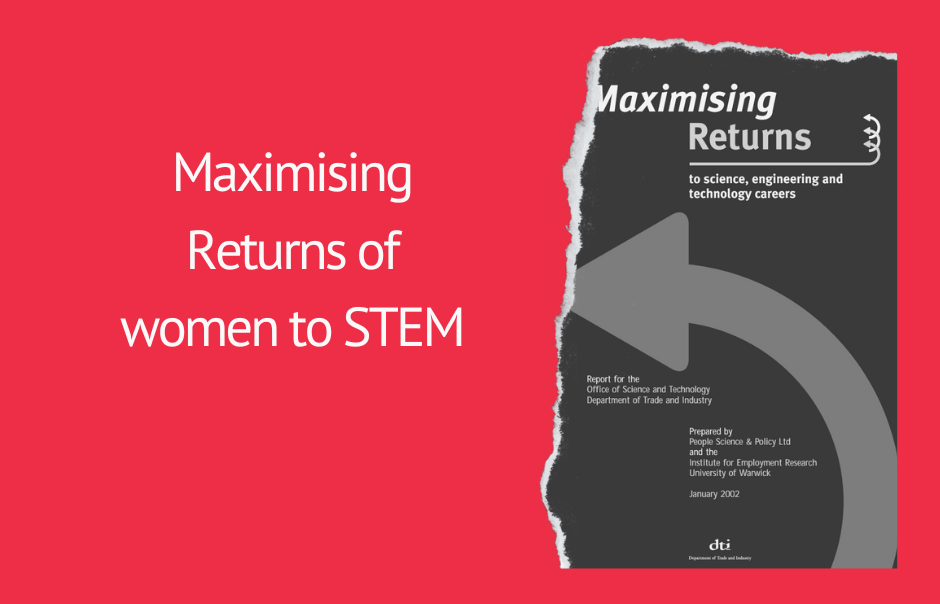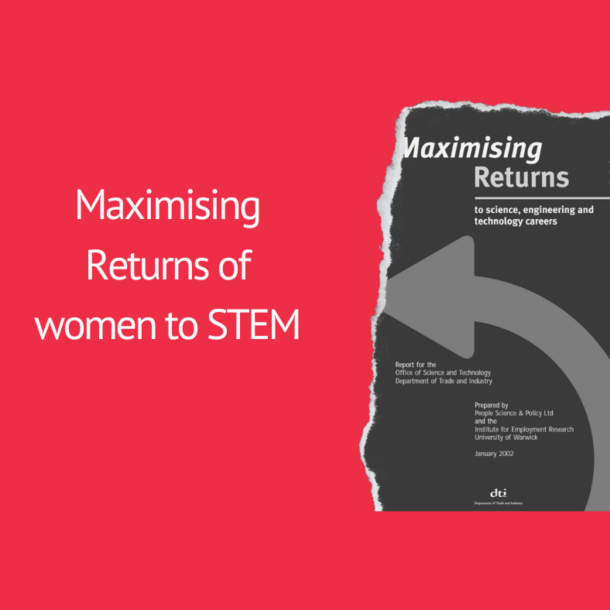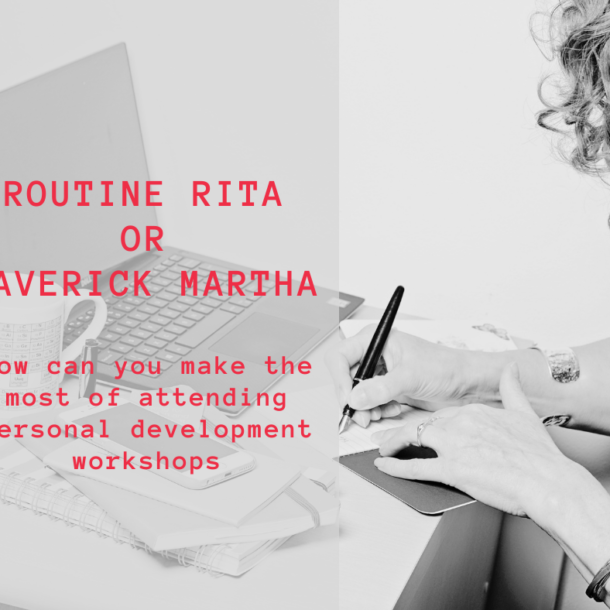
Where does chemistry take you?
I read with a thrill that Chemistry 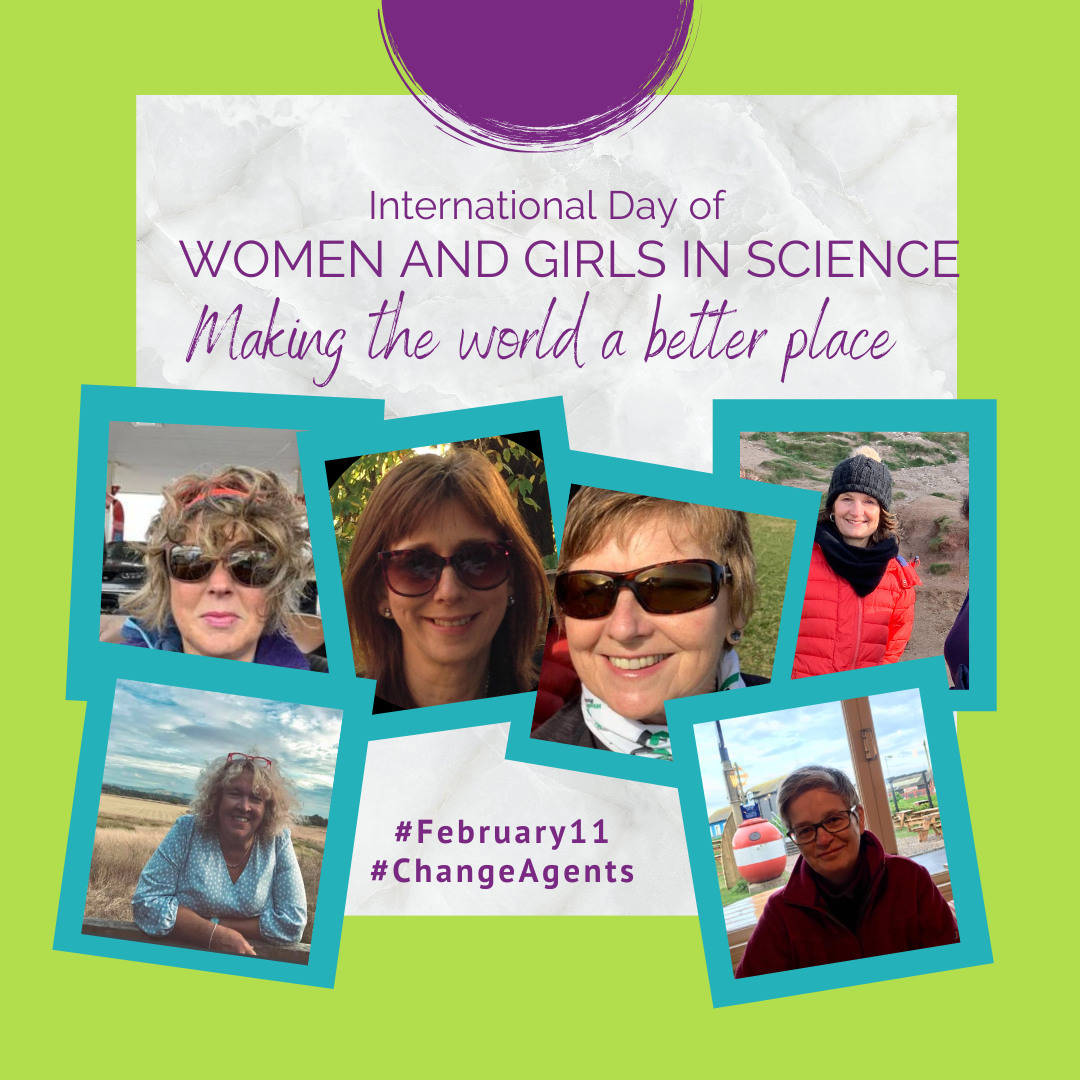 is now at 50% across all levels of education. Although at A level it’s been around parity there for some while. I was writing an article for a publication on International Women and Girls in Science Day (and came across the article) and it set me thinking back to my undergraduate days. Of those of us who have stayed in close contact, I reached out to look at where our early beginnings took us.
is now at 50% across all levels of education. Although at A level it’s been around parity there for some while. I was writing an article for a publication on International Women and Girls in Science Day (and came across the article) and it set me thinking back to my undergraduate days. Of those of us who have stayed in close contact, I reached out to look at where our early beginnings took us.
I went to what can only be described as a truly appalling sixth form college. We were taught directly from our teacher’s recently published revision book. That any of us passed was a shock. Our class had 50% girls in it. With an aspiration of being a science journalist, I transitioned from my study free, party-filled, sixth form to Plymouth Polytechnic and found myself studying chemistry and oceanography on a course with 55% women. Of seven of us who have stayed connected 5/8 are still either working in science or doing things related to science.
But journalism was not to be my path. I discovered a fascination with why things (materials) behaved as they did. I found an EU funded masters programme on electronic materials that connected me with other chemists and importantly physicists and we started to learn each others’ languages. A six-month placement at Thorn Emi’s Central Research Labs opened up a whole new world of blue skies research and the translation into practical applications, but more than that – the world of clean rooms and semiconductor fabrication. My path then followed a PhD, contract research and then working in manufacturing analytical equipment. I love the act of being involved in the design, test, improvement and creation of a final product. Being the person to unwrap it with a customer and show them how it works. As well as trouble shooting when it all goes wrong.
Chemistry – offers a flexible and varied career path
Multidisciplinary teams, marketing, customer support and production troubleshooting. This led to commercializing technology from the research base: helping others engage with this exciting space of making useful things from what started out as “I wonder what.. or I wonder if..” An extended secondment to the government was a long and winding route to running my own business via being Head of Marketing at the National Oceanography Centre and Head of Diversity at the Royal Society. My life now focuses on building inclusive and powerful teams with enhanced communication skills. Working from home and interacting globally to share my creative thinking approach to build better workplaces in science and engineering.
I don’t limit my creativity to work. I’m active in developing a local science centre and still do outreach work. But my work as a CliftonStrengths coach helps me help others be their best. And sets my world alight. At 14 I set out to make a difference and change the world. And I hope I’ve done my bit.
Chemistry gave me a start but leads to so many things. Catching up with friends is important and seeing how we’ve all managed to carve our niche and manage relationships and families is diverse and wonderful. 1983 seems so long ago, but just like yesterday – but how amazing to have had a chemistry programme with over half of us on both our major and minor options being female.
One thing for sure when you read the career journeys is that chemists have attitude, fortitude and resilience. And that chemistry is not a limiting choice at 16. I’ve loved entering the world of technology and engineering, the places it has taken me and the people I’ve met.
Where has chemistry taken these amazing women?
Gill Hannigan
Gill followed her BSc in Chemistry with Applied Physiology with an MSc in Biochemistry. And then started her career with the UKAEA as a radiochemistry researcher, before moving on to a role for the Public Analyst undertaking environmental monitoring and research. She transferred into the criminal justice system as a forensic investigator and is now a researcher.
Julia Powell
Julia left chemistry, straight after her chemistry degree. Julia trained as a chartered accountant with Price Waterhouse Coopers in London, moving after qualification to O2 as their head of tax. She stopped work when she had her third child and spent several years at home whilst they were very young. Retraining as a teacher, she is now Deputy Head of a primary school in West Sussex and absolutely loves her job!
Sarah Gee
Sarah left Plymouth after completing her degree – a chemistry major and psychology minor. Initially, she planned to teach, but her heart wasn’t in it. And so instead became a live-in volunteer in a homeless hostel. That led to a paid role as a support worker and she went on to set up one of the first resettlement services for single homeless people outside of London and then managed a charity/ voluntary sector organisation resettlement service spanning three local authorities.
Over time Sarah progressed to service head/assistant director level managing a range of services – e.g. Performance, strategy, commissioning and support services across housing and adult social care; operational services including Housing, libraries, children and families early help services, Community safety, welfare services and more with budgets of up to £50m. And led the procurement of a £150m regeneration scheme on a rundown housing estate. She says “I’ve never used my chemistry degree, but have made use of the transferable skills that I learnt through my degree. wish I’d known then about the national management trainee scheme for graduates (if it existed then)”.
https://www.un.org/en/observances/women-and-girls-in-science-day
Carol Ash PhD NHS Blood and Transplant – Head of Diagnostics, Development and Research
Carol graduated from the University of Plymouth in 1986 with a combined honours degree in Biology and Chemistry before embarking on a career in Biomedical Sciences (BMS) at the Royal Berkshire Hospital. She discovered a passion for bacteriology and progressed into at the Institute of Food Research in Reading with a brief interlude at the Pasteur Institute in Paris.
Post-doc research followed but short term grant funding was not for her so moved to Thames Water’s laboratories in Reading developing rapid methods for bacterial identification. Joining their Senior Leadership Programme and a Diploma in Management Studies (DMS) opened up new roles of Laboratory Manager (Organic Chemistry), Operations Manager (Water Supply), and then Corporate Strategy and Asset Management. Carol joined National Blood Service (now NHS Blood and Transplant – NHSBT) as Head of Diagnostics, Development and Research (DDR). Carol says she’s loving her role in a fascinating organisation with enormous breadth. There is enough to do to keep me engaged and busy for years and it certainly exercises my scientific and clinical knowledge and expertise.
Dee Murnane, Product Safety Global Project Lead – Syngenta
As Dee neared the end of her degree she faced lots of choices – pursuing a PhD, taking a Governmental role in Forensic Science or a graduate training programme with a large global AgChem company. The world of Agrochemicals called and she was confident that it would provide valuable experience and development opportunities. Forensics could come later. Fast-forward 30+ years and she continues in the AgChem business and is very proud of what she’s achieved and grateful for all the opportunities that have come her way. She says: “I can genuinely say that ‘I learn something new every day’. It’s empowering and motivating to work in a company where diversity and inclusion are at the top of our agenda, and one which actively supports and promotes women in science. And I can’t wait for our own internal celebrations of women and girls in science”.
Want to read more? here’s why agriculture needs more women
#February11 #ChangeAgents #womeninscience

